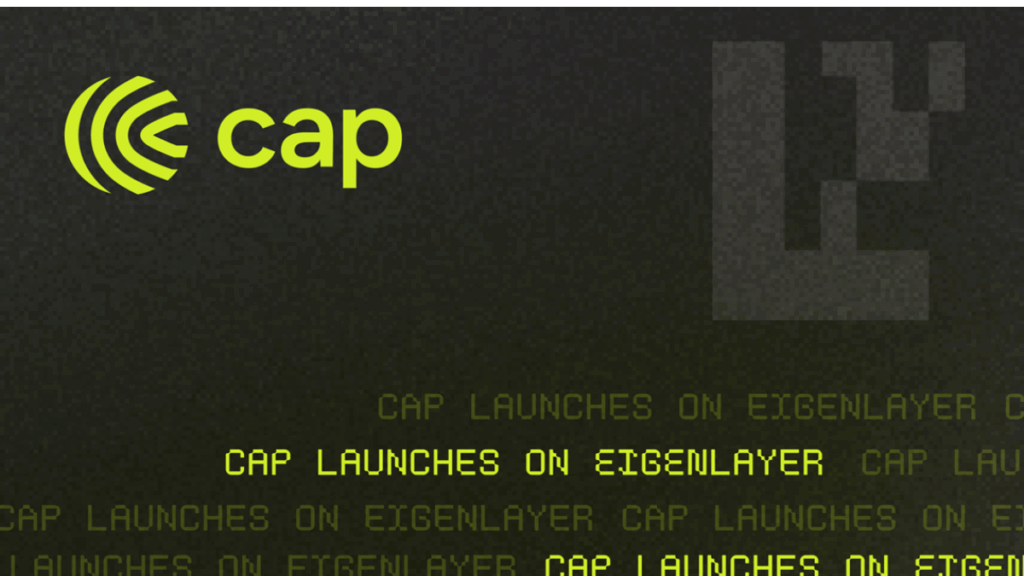TL;DR
- Flow Traders’ integration with the Cap protocol shows that a regulated institution is now using onchain financing secured by automated guarantees.
- The architecture will combine Cap, EigenLayer, and YieldNest in a programmable system that allocates capital, enforces collateral, and reduces operational risks.
- The company will be able to access loans backed by restaked assets.
Flow Traders is taking a decisive step into the institutional onchain credit market. The company, publicly traded on Euronext Amsterdam and one of the largest liquidity providers in the world, is beginning to operate directly with the Cap protocol using EigenLayer infrastructure.
This partnership allows a regulated institution to access decentralized capital in a functional, traceable, and automatically secured manner. It marks a real shift: institutions stop viewing the DeFi ecosystem from the outside and begin using it for concrete financial operations.
Flow Traders Will Be Able to Take Out Loans Backed by Restaked Assets
Flow Traders handles billions of dollars in daily trading volume and is one of the main market makers in ETFs, ETPs, equities, fixed income, commodities, and crypto. Its integration with Cap enables the firm to take out loans backed by restaked assets and deploy them in market-making strategies, similar to how it obtains short-term financing in traditional markets, but with greater transparency, automatic settlement, and lower operational friction.
What Does Each Company Provide?
The architecture is the result of Cap, EigenLayer, YieldNest, and Flow Traders operating together in a single financial cycle without intermediaries. Cap defines how capital moves and how risks are managed through smart contracts. There is no human intervention in execution, collateral control, or repayment, which reduces operational risks and eliminates discretionary interpretation in credit management.
EigenLayer provides the restaking mechanism, where ETH or LST holders delegate their stake to operators. If the operator fails or defaults, the system can apply slashing and automatically enforce collateral. YieldNest acts as the institutional restaker and secures Flow Traders’ activity by delegating OETH while monitoring the process within the EigenLayer framework.
Flow Traders acts as the credit beneficiary and deploys the capital received from Cap into market strategies. Yield for restakers is generated as compensation for assuming onchain credit risk, and the relationship between all participants is governed by programmed rules that define settlements, collateral management, and consequences in the event of default.
This design replaces traditional credit relationships based on bilateral trust with a programmable market governed by executable contracts. The DeFi market already offers competitive capital allocation mechanisms for institutional firms, with lower costs, immediate settlement, and verifiable guarantees.
Cap is positioning itself as a functional bridge between traditional finance and onchain systems, and Flow Traders demonstrates that institutions can already operate with protocols without sacrificing financial discipline, regulatory oversight, or risk control.













